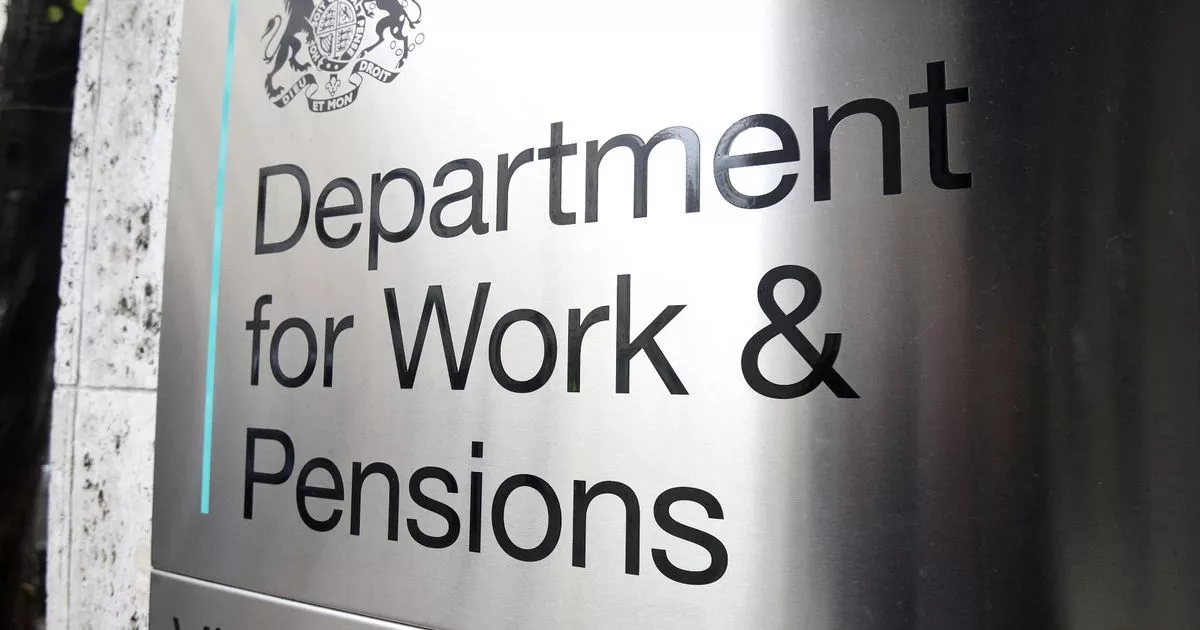By Courtney Eales,Steve Bagnall
Copyright dailypost

You must notify the DWP about changes to your circumstances immediately to ensure you continue receiving the correct monthly amount. Failure to report changes promptly could result in your claim being suspended or your payments being cut.
You are required to inform the DWP when you begin employment, increase your earnings, or extend your working hours. Based on your individual situation, you may still qualify for assistance and guidance on boosting your income whilst in employment.
There are instances where the DWP may actually owe you additional money if your circumstances alter.
Recipients can still earn up to a certain threshold before their Universal Credit is decreased – this is called your work allowance. If your earnings fall below this limit, any income you generate becomes extra money that you retain.
According to Gov.uk, failing to inform the DWP that you have commenced work means they will be unaware why you are no longer attending appointments, and will “assume that you no longer” want to claim Universal Credit. This could mean missing out on benefit payments you are rightfully due, reports the Liverpool Echo.
Changes could be relating to you personally or your family and children. You may get an extra child amount if, for example, you have a baby or start to care for a child or disabled person.
On the other hand, you may stop getting the extra child amount if, for example, your child:
leaves full-time, non-advanced education or approved training leaves home goes into local council care (except for respite care) is in prison, or in custody awaiting trial or sentence
DWP has outlined other changes that you must tell them about. These include changes to your household, health or other personal details:
moving in with your partner moving to another address changing your email address or phone number changing your bank details your earnings going up or down your rent going up or down finding or finishing a job changes to your money, savings and investments changes to your health condition becoming too ill to work or meet your work coach
You must sign into your Universal Credit account to report a change in circumstances. Universal Credit is a payment to help with your living costs. It’s paid monthly into bank accounts. You may be able to get it if you’re on a low income, out of work or you cannot work.
Universal Credit claimants have reached a record eight million, according to official figures published in August. This unprecedented number for July 2025 marks the highest level since the benefit’s introduction in 2013.
If you receive Universal Credit, it’s part of your ‘claimant commitment’ that you tell the government department about a change to your circumstances.
The DWP says on Gov.uk: “A change of circumstances means a change to your personal or financial situation, so it may affect your benefits. This could include lots of different things, and depends on which benefits you receive.”
If you are single and under 25, you should get a monthly standard allowance of £316.98 and if you are single and over 25, a monthly standard allowance of £400.14.
If you live with your partner and you are both under 25 you may get £497.55 a month, for both of you. Living with your partner and both being over 25, entitles you both to £628.10 a month. Some people may be entitled to more money on top of their standard allowance, this can be checked on Gov.uk.
Sign up for the North Wales Live newsletter sent twice daily to your inbox
Find out what’s happening near you